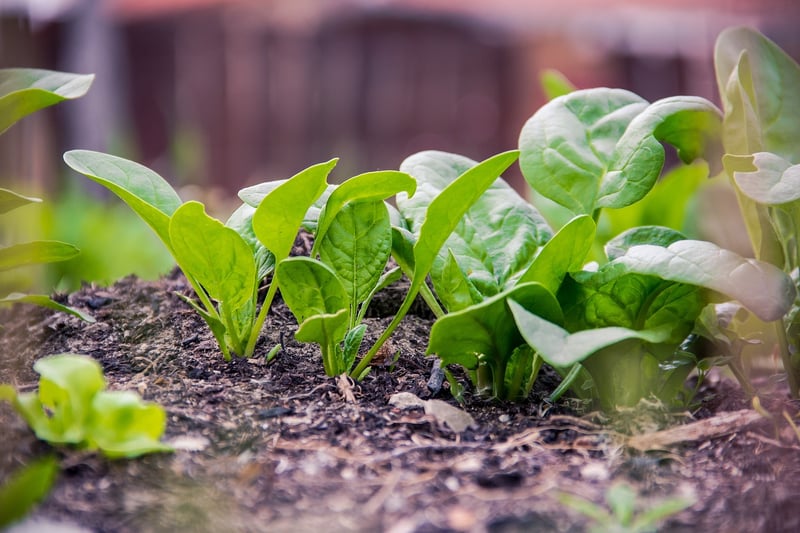Soil Health
How to Maintain Plant and Soil Health
Introduction
Ensuring the health of your plants and soil is crucial for a thriving garden or farm. By adopting good practices, you can create a sustainable environment that fosters growth and productivity. Here are some essential tips to help you maintain plant and soil health.
1. Proper Watering
Water is essential for plant growth, but overwatering can lead to root rot and other issues. Ensure your plants receive adequate but not excessive water based on their specific needs.
2. Nutrient-Rich Soil
Healthy soil is the foundation for strong plants. Test your soil to understand its composition and add organic matter like compost to provide essential nutrients for plant growth.
3. Crop Rotation
Rotate your crops each season to prevent the buildup of pests and diseases in the soil. Different plants have different nutrient needs, so rotating crops helps maintain soil fertility.
4. Mulching
Applying mulch around your plants helps retain moisture, suppress weeds, and improve soil structure. Organic mulches also break down over time, enriching the soil.
5. Integrated Pest Management
Avoid using harsh chemicals that can harm beneficial insects and soil microbes. Instead, practice integrated pest management by using natural predators and organic solutions to control pests.
6. Composting
Start a compost pile to recycle kitchen scraps and garden waste into nutrient-rich soil amendment. Compost adds organic matter to the soil, improving its structure and fertility.
Conclusion
By following these tips, you can promote the health of your plants and soil, leading to a more productive and sustainable garden or farm. Remember that healthy soil leads to healthy plants, so investing in soil health is key to long-term success.

For more information on plant and soil health, you can visit resources like USDA NRCS Soil Health.
